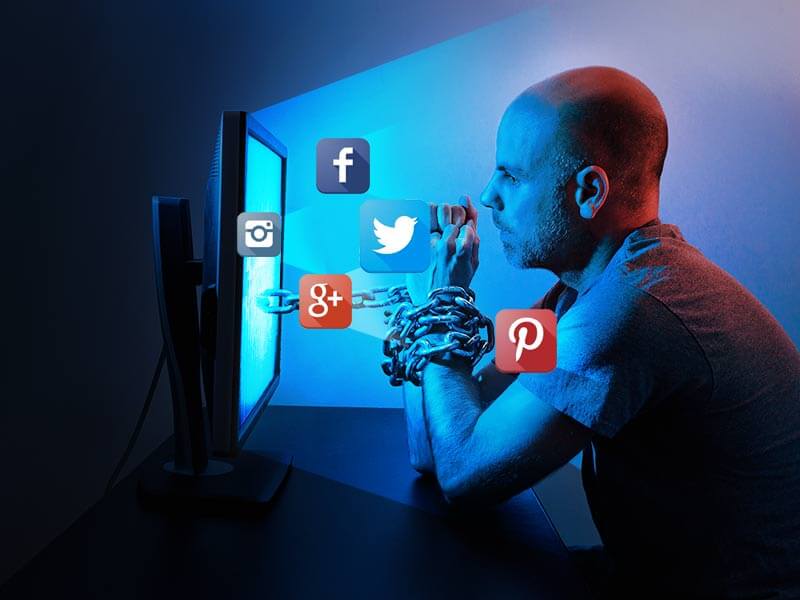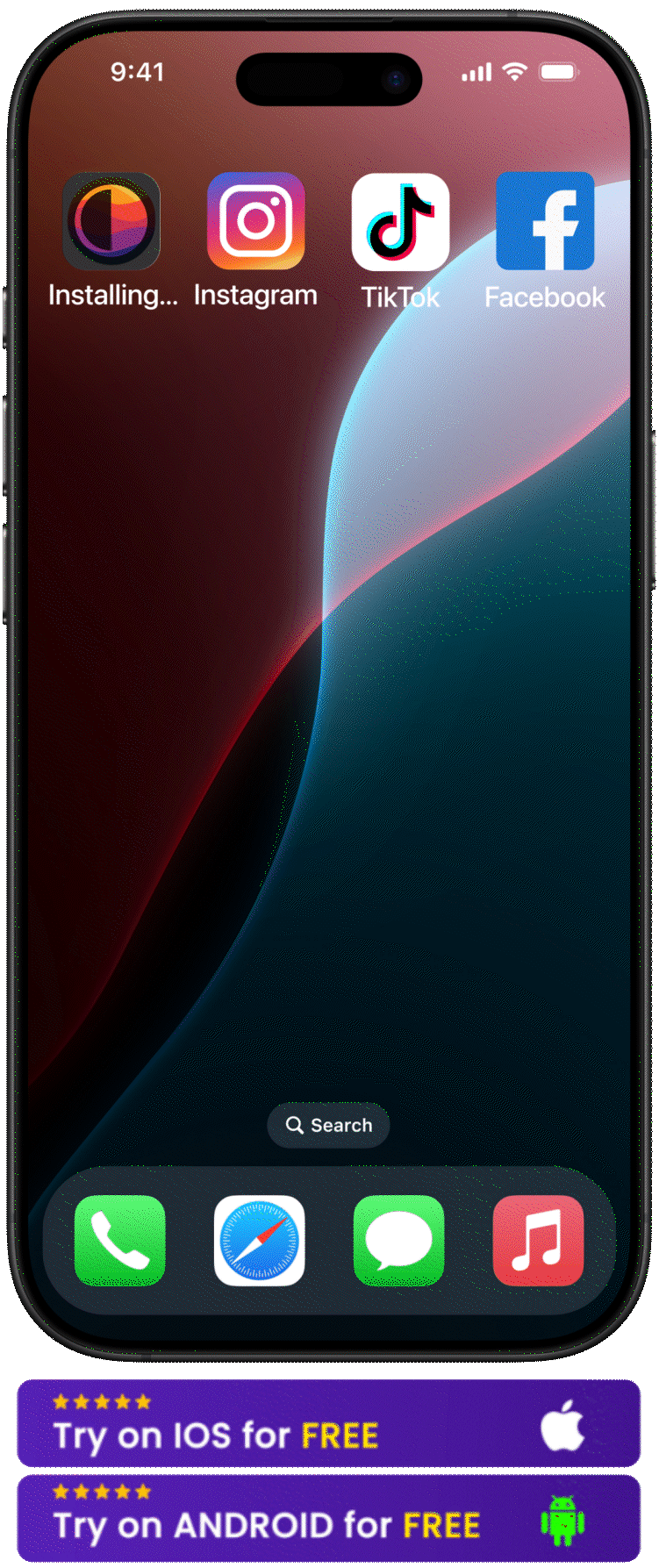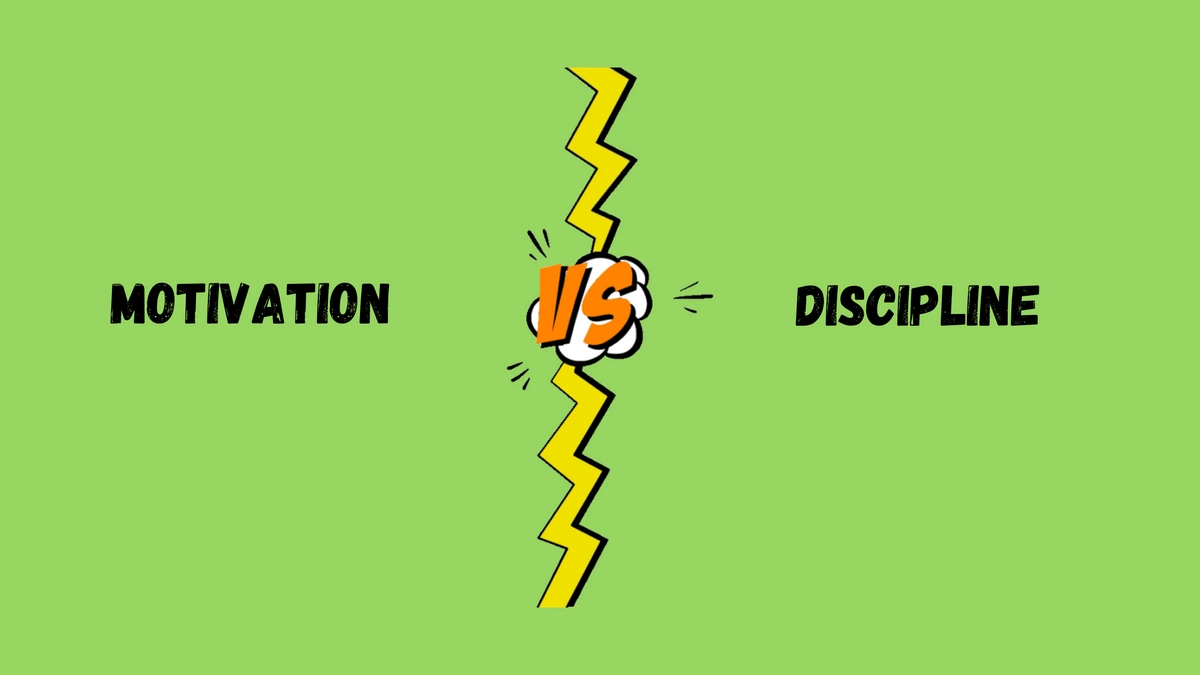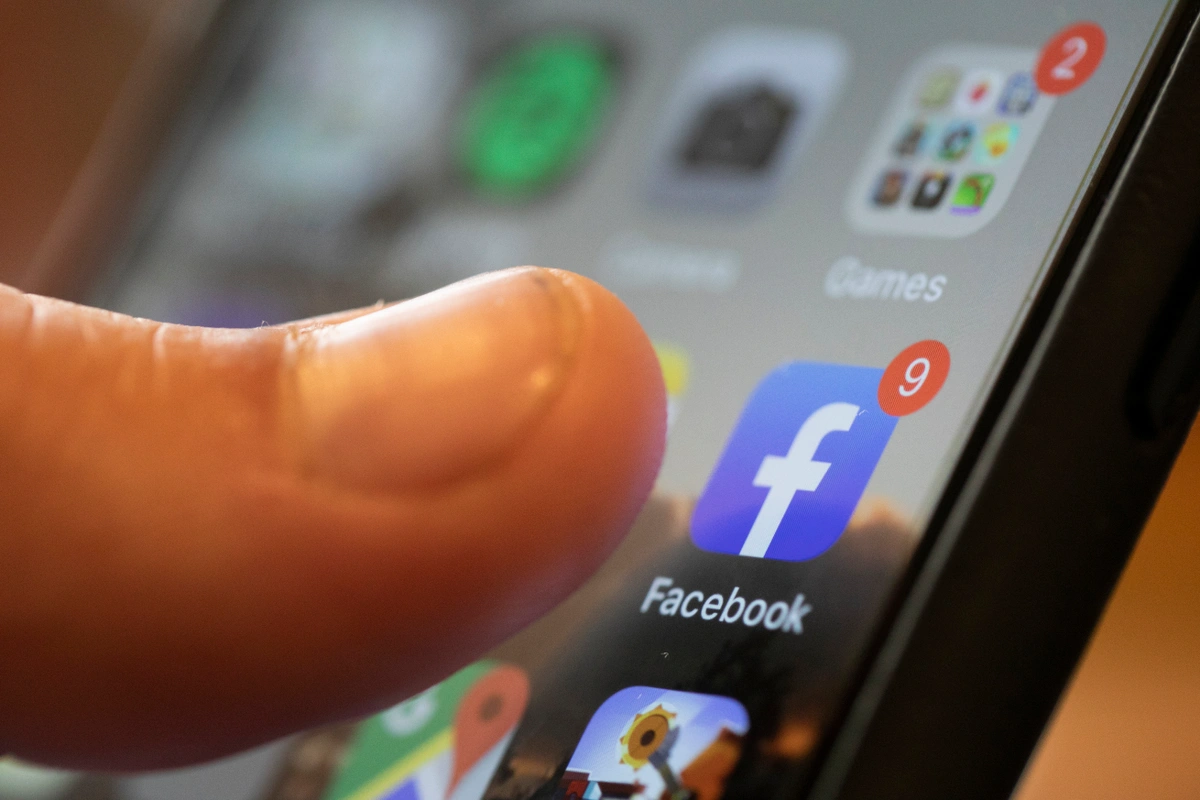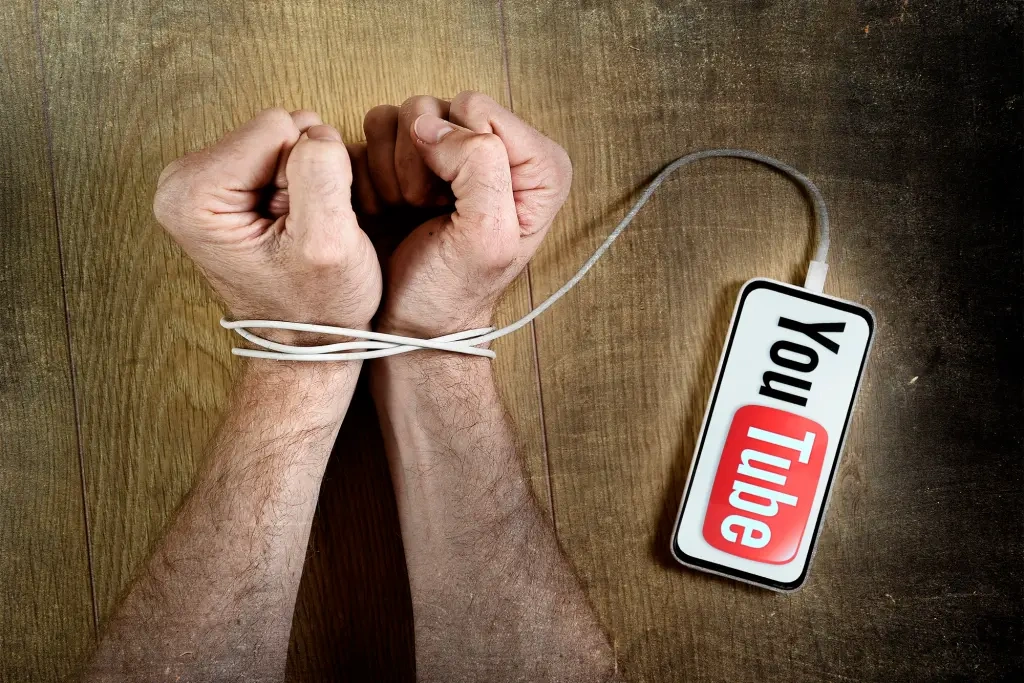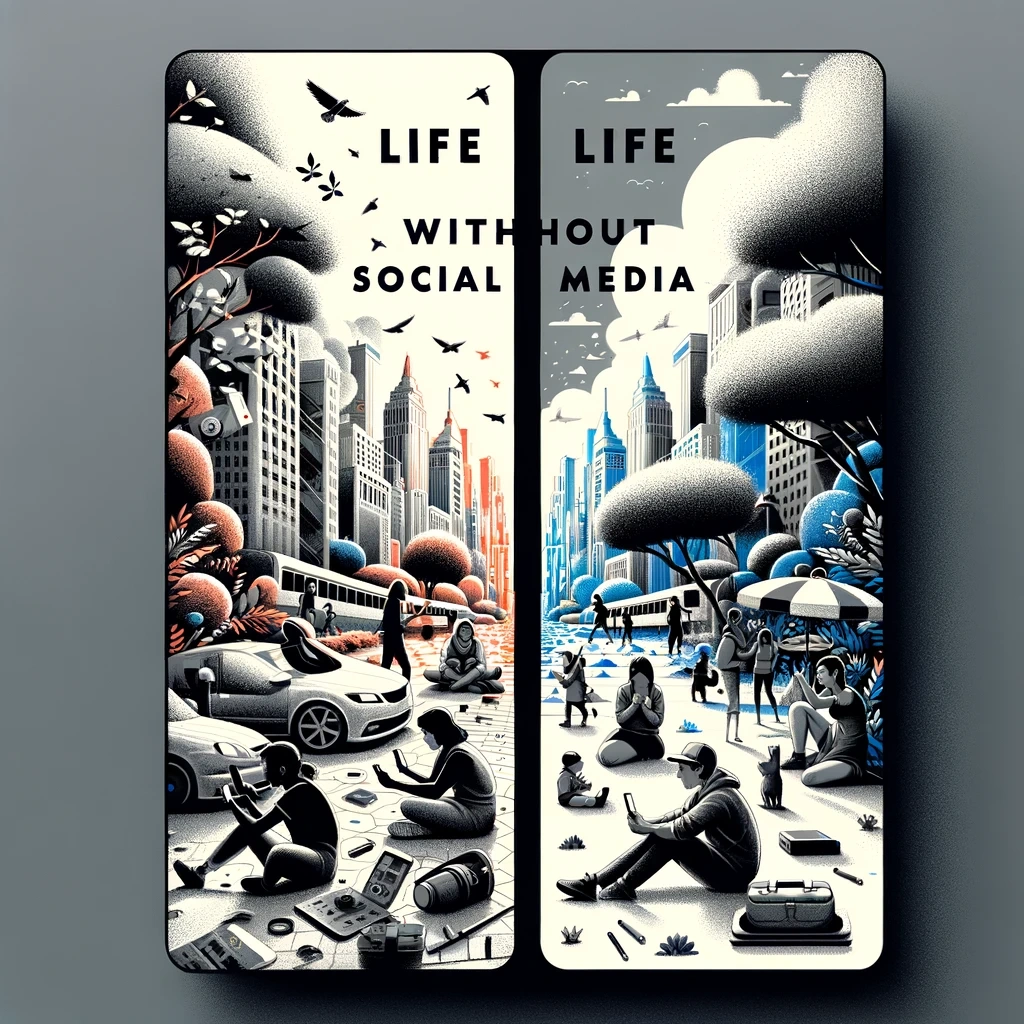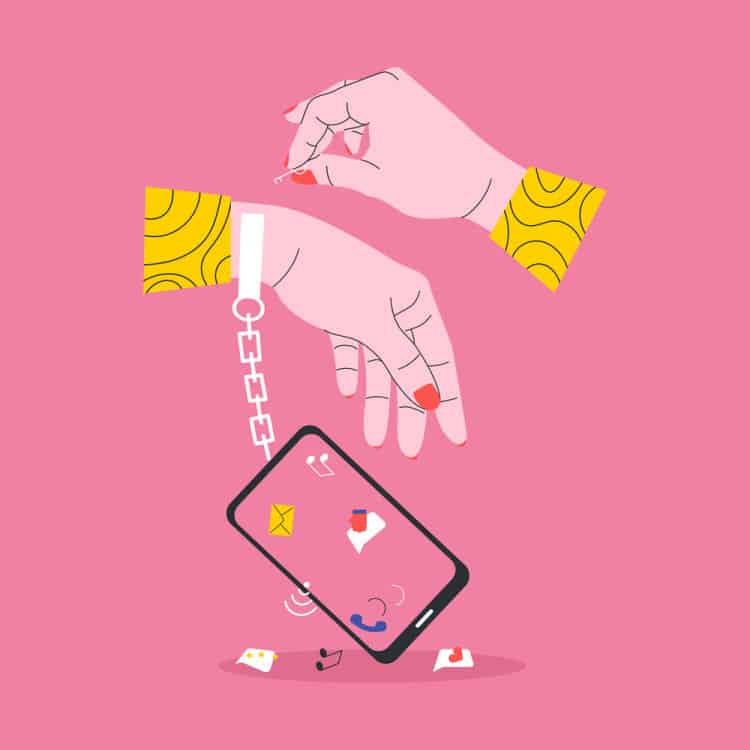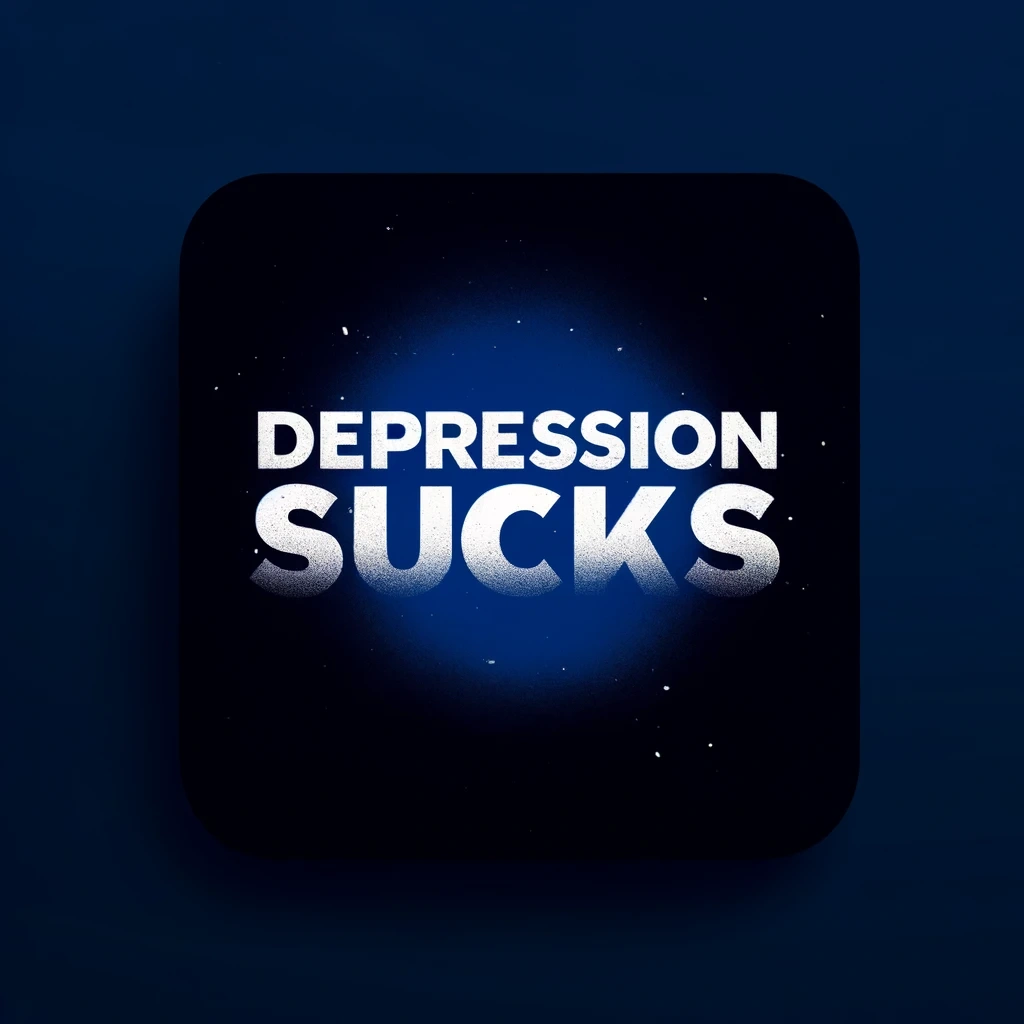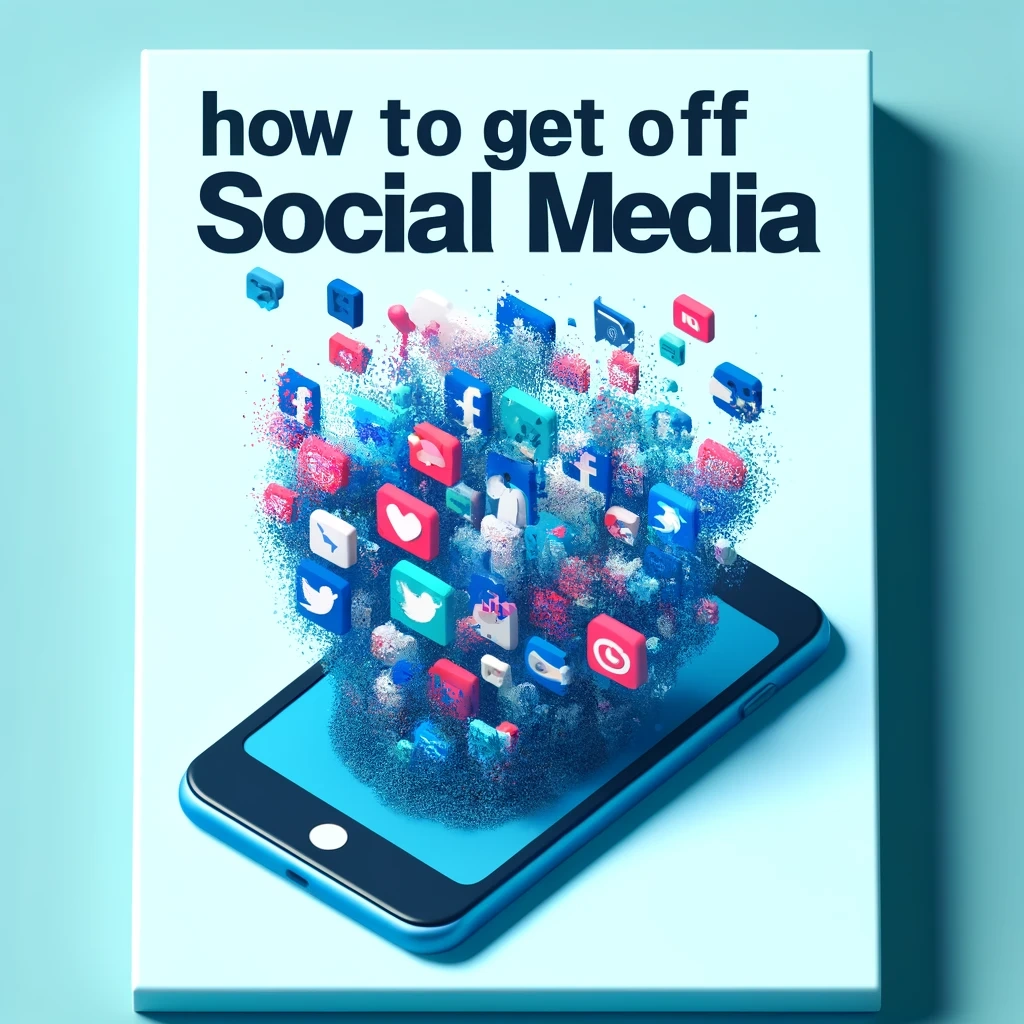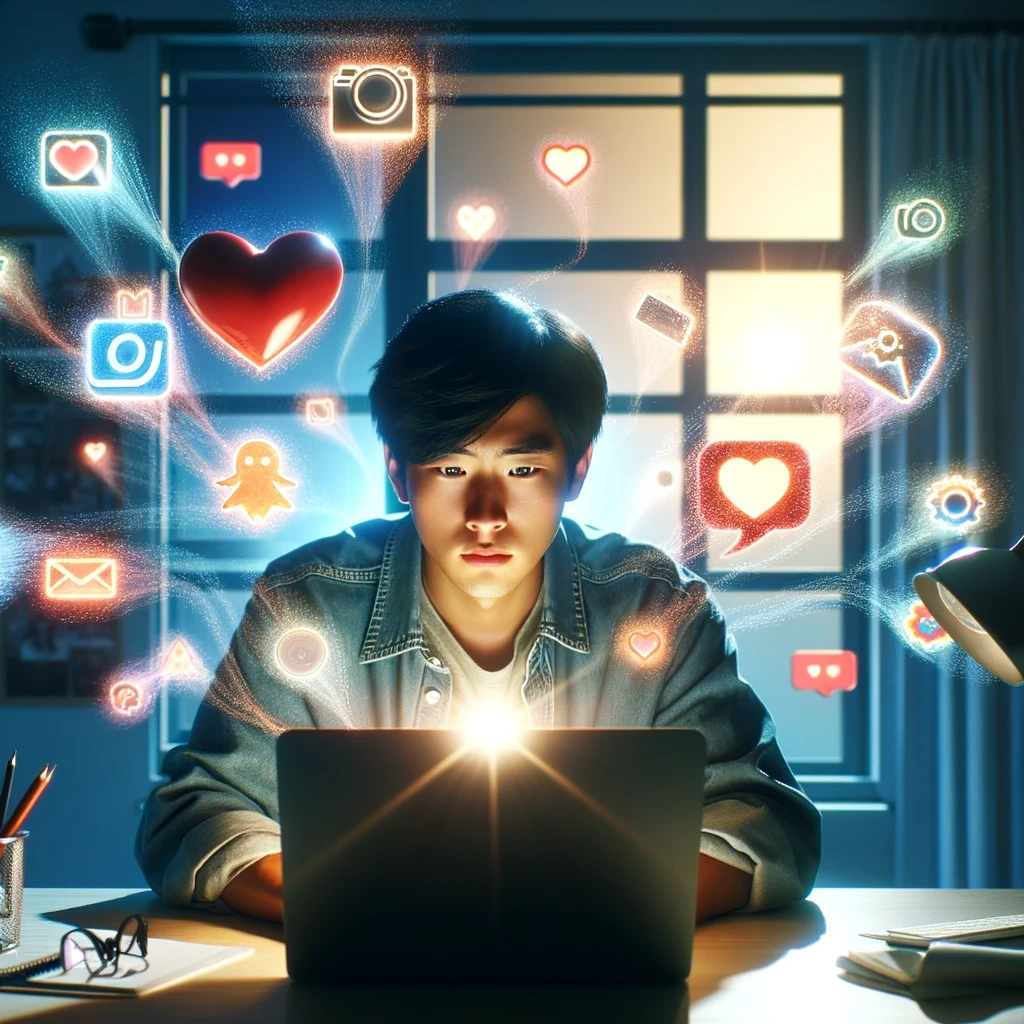Top 7 Side Effects of Social Media
In the world of social media, fear of missing out is a common theme. This fear causes us to check our social media profiles constantly. Not only does FOMO affect our health, it can also negatively impact our mental health. Fear of missing out on important events can make us feel insecure, anxious, and even depressed. In addition to physical health concerns, constant social media usage can lead to feelings of inadequacy. In this blog, we're going to visit the top 7 side effects of social media.
1. Reduces your IQ by 10 points
Did you know that the university of London found that social media can reduce your IQ by 10 points on average (even when ignored)!
The effects of social media can be harmful. One study from the University of Buffalo examined the effect of Facebook on the brain, and found that it reduces the ability to think complexly. The study showed that feelings of social exclusion reduce intelligence. Similarly, a lack of social interaction can impair our ability to think critically. In other words, Facebook can reduce our IQ. Check out this blog on how to quit social media.
2. Waste precious time (~7 years of your life)
Did you know a person spends 6 years and 8 months of their precious lifetime that they'll never get back simply on scrolling through social media? That time could’ve been used getting an two undergraduate and graduate degree, or even starting a business! Yet, in a world that has never been more connected before, it's very hard to put social media away as you still have to use them to message your friends, families and colleagues. You also have to go to Youtube to keep yourself educated. This is why we recommend you to download BeTimeful so you can stay connected, not distracted during work. BeTimeful is especially useful if you have scrolling paralysis because it helps you stay connected, but not distracted.
Here's a blog on other top productivity tools that saves you time and allows you to stay focused.
3. Increased in loneliness
Recent research has found that social media usage may increase feelings of loneliness. Researchers at University of Washington found that young adults who use social media are more likely to be lonely than those who do not. In fact, social comparison is one of the factors that contribute to the relationship between social media use and loneliness. Therefore, social media can increase feelings of loneliness, but only in cases of excessive use. It is important to note that this finding is not a universal phenomenon.
Another study conducted by the University of Pittsburgh found that using social media increased loneliness in those who spent two hours or more on the site daily. The researchers found that people who spend just 30 minutes online are twice as lonely as those who log on 58 or more times a week. This result is hardly surprising, since social media makes it easier for people to make new connections. However, the study does not show that social media use increases loneliness among older individuals.
Although the study's findings are preliminary, it is still important to understand the impact of social networking on loneliness. Researchers have found that people who spend at least an hour on Facebook are less lonely than those who spend less than one hour. Moreover, people who report that they are already lonely on Facebook reported using the site to be better or worse. However, it should be noted that about four percent of Facebook users report experiencing both more and less loneliness on Facebook.
Check out this blog on 4 Mental Health Reasons to Quit Social Media
4. Increase in sleep deprivation
Recent studies have shown that young adults who use social media frequently are more prone to sleep deprivation. The social media sites have been found to affect circadian rhythms by promoting emotional and cognitive arousal. This is problematic since it means that young adults who don't get enough sleep are more likely to use medication to deal with their sleeplessness. Another recent study found a correlation between social media use and depression and low self-esteem in adults. The study was supported by a grant from the National Institutes of Health.
The study, published in the journal PLoS One, found that heavy digital users were more likely to experience sleep problems than less-connected people. People who used social media the most were also more likely to experience difficulty falling asleep after waking up, report less sleep quality, and wake up later on school days. Overall, the study showed that social media use increases the risk of sleep deprivation. However, it's important to remember that this study was not an actual experiment. It's an observational study that shows a correlation between social media use and sleep problems.
Another factor is the use of electronic devices before bed. It's best to switch off your device at least two to three hours before bedtime, as the blue light emitted by these devices has a powerful association with sleep disruption. If you must use electronic devices before bedtime, try to disable unnecessary notifications and avoid reaching for them when you're in bed. Blue light from electronic devices also has a psychological component, which wakes up your body.
5. Increase in depression
Social media has become an addictive form of entertainment. Not only is it fun, but it also releases a small dose of dopamine, the same happy chemical found in cigarettes. As a result, you will be drawn away from your life and stop engaging in full human interaction. Plus, you will lose productivity, which only makes depression symptoms worse. So what is social media and how much time should you spend on it? Here are some things you should know about the dangers of social media.
The first sign that social media may be contributing to depression is that you're staying awake later than your body would like. A recent study of adolescents aged 13 to 15 found that people who spent more than five hours on social media were more likely to be in bed after 11 p.m. and had trouble falling asleep afterward. In addition, people who spent more than five hours on social media were less likely to have a full night of sleep.
The researchers also looked at how social media affects people's wellbeing. They divided participants into two groups - one of whom was restricted to Facebook, while the other group was limited to 10 minutes per day. In both groups, limiting the amount of time spent on social media significantly decreased depression symptoms. This was especially true for those with higher levels of depression. The findings of the study suggest that social media use may be a contributing factor to depression and loneliness in people.
6. Lower self-esteem
If you're wondering whether or not social media is lowering your self-esteem, you're not alone. Many people have low self-esteem because they feel pressured to appear perfectly on their social media accounts. To prevent this problem, you should encourage your teenager to sign off social media and stay away from relationships that make them feel bad about themselves. While talking with your teenager about social media, remember to keep the conversations casual and avoid asking them to share personal information.
In addition to causing depression, social media is a cause of low self-esteem. People post on social media to feel accepted in their social circle and to get feedback. When they don't get the positive feedback, they can start feeling that something is wrong with them. On top of this, people can comment on each other's posts and see how they affect their own thoughts. This is a surefire way to lower self-esteem.
Researchers studied the types of social media engagement. While using social media oriented towards others negatively affected self-esteem, self-oriented use did not. However, this interaction period between self-oriented and other-oriented use may buffer the negative effects of other-oriented use. Further research needs to address the role of social media as a potential moderator and mediator in self-esteem. These factors should be considered when designing prospective studies of the issue.
Check this blog on how to stay motivated even when your confidence doesn't have your back.
7. Social media results in online overspending
If you have been spending too much time on Facebook or Instagram, it's likely that you're overspending. If you don't know what to do with impulse spending, there are many ways to resist it. Try using milestones to redirect your impulse to spend money. Try reserving your in-app purchases until later. Most platforms let you customize your settings and block ads from certain brands. To get started, visit Make Use Of, a website that offers detailed instructions on all your options.
Using social media as a source of escape from reality can lead to overspending. People who spend money on social media are often bored, lonely, or envious of others. When we're lonely, we're more likely to spend money. This can be especially dangerous if we're passively scrolling through our social media feeds. But if you're already using social media as a coping mechanism to cope with negative emotions, you won't have as many excuses to overspend.
Overspending on social media is common for millennials, who are influenced by the lives of their friends and family. In a recent study by the Allianz Life Insurance Company, 57 percent of millennials and 28 percent of Gen Xers overspent due to social media. Even baby boomers have been affected by social media, according to the same study. But millennials may have been the ones most at risk for overspending.
8. Constant feelings of inadequacy
Social media has many side effects, including constant feelings of inadequacy. It can cause a person to isolate socially, or to shut people out because of their perceived inadequacy. This feeling of inadequacy can be so pervasive that it can interfere with relationships, success at work or school, and overall happiness. To combat this, people may try to control their environment and others, or develop compulsions.
Inadequacy is a common side effect of social media, and the number of young people who don't feel like they measure up to their peers has increased by nearly two-thirds. While the rise in depression and anxiety in the general population has been attributed to other factors, the use of social media has contributed to the increase in mental health problems. Constant use of social media is known to contribute to feelings of inadequacy, and four of the top five social media platforms are linked to increased anxiety. This is a serious problem, as the constant use can hinder a person's ability to concentrate, leave the house, and excel in their careers.
9. Phone Addiction
Average Number of times someone touches their phone is 2,617. One of the best ways to beat phone addiction is with a social media detox or digital minimalism.
https://www.betimeful.com/installConclusion
Overall, a world without social media is unimaginable. We still need social media to stay connected with our friends and colleagues without getting subcutaneously hooked in the feed. We still need YouTube to keep ourselves educated without failing pray to the recommendation videos that know the type of content that steals our attention better than we do. This is why, we recommend using BeTimeful, so you can always stay connected, not distracted!
Lastly, here are the top safari extensions to make you more productive or checkout how to remove Instagram Feed or how to remove YouTube shorts from your phone.
Last but not least, if you're a content creator, definitely checkout this blog to find out content creator kit that would set you up for success in 2023.
Sources:
1. https://www.entrepreneur.com/article/309039#:~:text=Research%20from%20the%20University%20of,them%20and%20keep%20on%20working.
2. https://www.upmc.com/media/news/012219-primack-sidani-posneg#:~:text=PITTSBURGH%20%E2%80%93%20Positive%20interactions%20on%20social,report%20today%20in%20the%20American
3. https://review42.com/resources/how-much-time-do-people-spend-on-social-media/
4. https://www.allianzlife.com/-/media/files/allianz/pdfs/newsroom/2018-allianz-generations-ahead-fact-sheet-3.pdf
5. https://www.bankrate.com/personal-finance/social-media-influences-consumer-spending/

